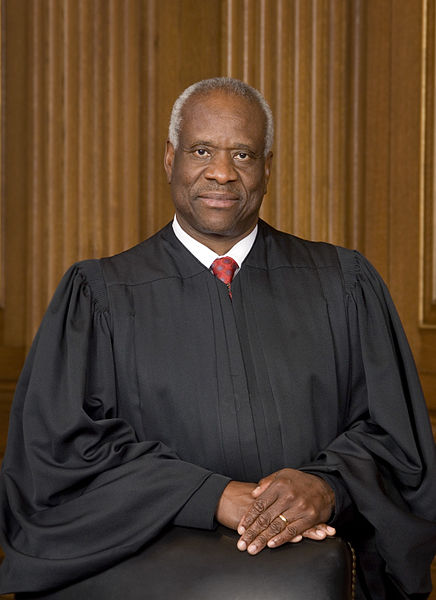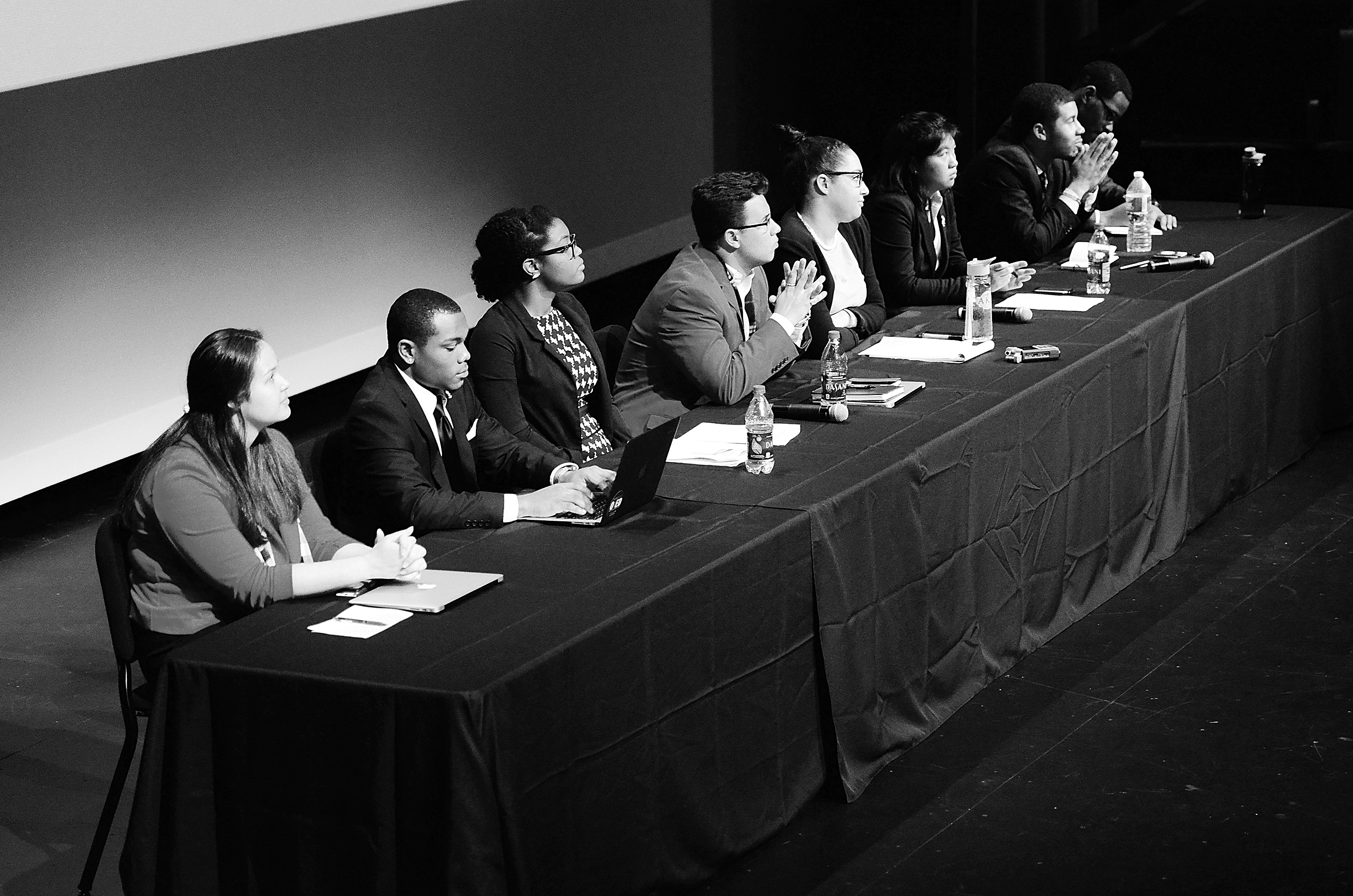Kierra Leggett| Editor-in-Chief

The Supreme Court could repeal the use of affirmative action in the admissions policies of the nation’s colleges in its ruling on Fisher v. Texas. This potential change in legislation results from the case of Abigail Fisher and accusations of discrimination she has made against the University of Texas at Austin (UT).Fisher, 22, graduated from Louisiana State University in May, however was denied admission to UT in 2008. According to Fisher she was denied because she was white.In her lawsuit, Fisher also claims that the University of Texas violated terms set in place by the Supreme Court in its ruling on Grutter v. Bollinger. The precedent set by this case requires that universities seeking to increase diversity within their academic institutions consider and evaluate various factors of each individual applicant while favoring “underrepresented minorities.”
Along with this policy, the University of Texas currently operates under the “Top Ten Percent Plan,” which guarantees all Texas students who graduate in the top ten percent of their class, admission to any public university in Texas. This plan was implemented in 1997 as a way to ensure diversity within the state’s public universities.
According to the University, based on her 3.59 high school GPA, Fisher did not qualify for automatic admission into UT.
While in the 2003 case of Grutter vs. Bollinger the Supreme Court ruled to uphold affirmative action admissions policies, many speculate that there will not be a similar ruling in the case of Fisher v. Texas.
This is largely because Justices John Roberts, Samuel Alito Jr., Antonin Scalia, and Clarence Thomas are all expected to vote in favor of Fisher. Each has expressed opposition to race and ethnicity being used as a deciding factor in college admissions.
The second African-American to serve on the Supreme Court, Thomas been very vocal with his disapproval of affirmative action. In a February interview with Diane Brady of Businessweek Thomas shared his thoughts on affirmative action saying, “I was taught that there’s no real difference between blacks and whites, and I never thought there was supposed to be an easier or different road for us.”
Over the years, Thomas has been criticized harshly for his politics, in particular his views on affirmative action. Surrounding the Fisher v. Texas case, Melissa Harris-Perry, professor and MSNBC host addressed Thomas with an open letter during her Oct. 13 show. In her letter Harris-Perry stated, “Devaluing the accomplishments of black people is not a legacy of affirmative action. It’s a legacy of racism that continues to confound and challenge our nation.”
Since 2003, affirmative action has remained a heated topic of debate, with supporters saying it creates an even playing field for blacks and other underrepresented groups, while those opposed to it say it leads to “reverse discrimination.”




